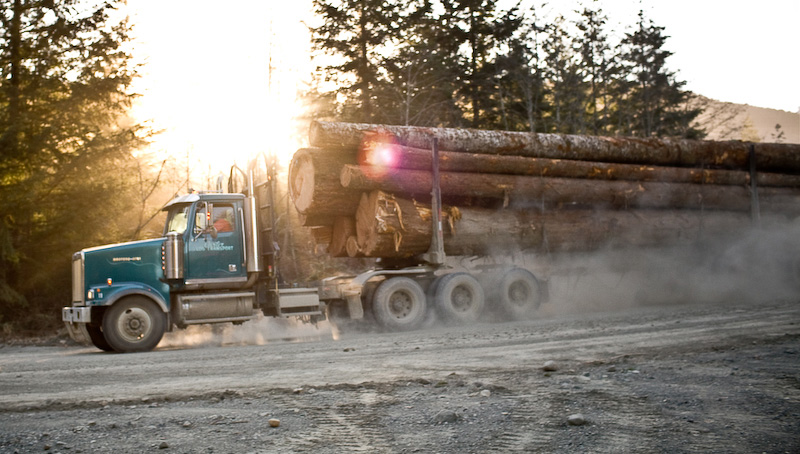 Oct 30 2010
Oct 30 2010 Oct 30 2010
Oct 30 2010 Oct 30 2010
Oct 30 2010The province is making a mistake by trying to increase lumber exports to China, says the founder of the Ancient Forest Alliance.
As Forests Minister Pat Bell heads to China on a trade mission, Ken Wu is calling on the government to ban the export of raw logs and old-growth wood to China before it starts doing so.
Wu, who returned recently from a trip to China, said he believes expanding Chinese markets for B.C. wood will be disastrous for B.C.’s old-growth forests and manufacturing jobs, if export restrictions or regulations are not put in place first.
“China’s monstrous appetite for resources, its enormous base of new middle-class consumers and its vast amounts of cheap labour will virtually commit B.C. to a path of eliminating our last old-growth forests and wood manufacturing industries,” Wu said.
Bell, accompanied by senior executives from the forest industry, forestry trade associations and representatives from the United Steelworkers union, left for China on Thursday and will remain there until Nov. 8 in an effort to increase lumber sales and strengthen commercial relationships.
“In recent years we’ve made great strides in demonstrating the benefits and breaking down barriers to wood-frame construction in China,” Bell said before leaving.
Regular contact with Chinese customers and government officials is essential if record-breaking sales to China are to continue, Bell said.
“The message that B.C. will be delivering is that B.C. is a reliable supplier. We are in this for the long-term and we are eager to work with them to better understand and meet their needs,” he said.
But Wu said, although China is currently buying B.C. lumber, industry analysts believe China is really interested in B.C.’s logs.
“Purchasing manufactured products with labour costs added is less attractive to the Chinese than manufacturing the raw resource themselves for one-tenth the labour costs,” Wu said.



